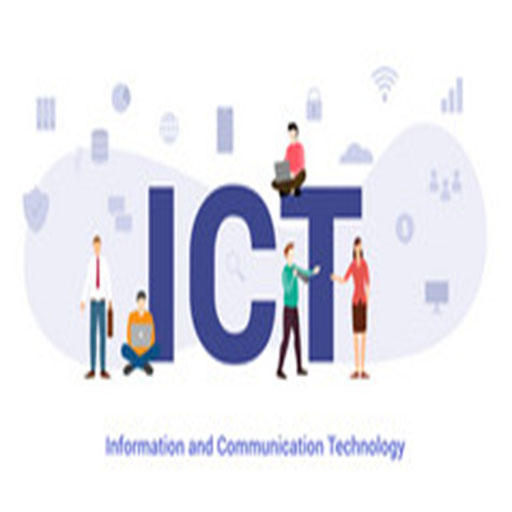Use of ICT in Higher Education, University Teacher Prospective an Analysis of Categorical Data

This primary study uses of ICT in higher education, university teacher prospective analysis of categorical data using r programming tries to explore the satisfaction of ICT uses in higher education of university teacher on Prithvi Narayan campus Pokhara. The primary data were collected from February to March 2020. Although there was a large research gap in many researchers to analyze accurately if the variable is in categorical type. This research tries to meet the gap between the selection of appropriate tools for a categorical questionnaire survey of 32 university teachers. The satisfaction of teachers’ concepts regarding the use of ICT to enhance student educational quality had expressed on different Likert scale could be summarized with the count, 93 percent of university teacher was satisfied for ICT use in classroom teaching. The chi-square value p equal to 0.08 signifies there was not rejection evidence of avoiding the null hypothesis. The different bar plots with a colorful image and their percentage and count could easily plot using r programming.
C. A. Anderson, "Computer Literacy," p. 4, 1982.
S. Kemp, "Digital 2019 Global Internet use Accelerate," 2019.
Nepal, "Annual report.,"pp.(Nepal, U. (2016):
file:///F:/Downloads/%E2%80%A2%20Number%20of%20Facebook%20users%20worldwide%202008-2016%20_%20Statistic.html., 2016.
U. Nepal, "file:///F:/Downloads/%E2%80%A2%20Number%20of%20Facebook% 20users%20worldwide%202008-2016%20_%20Statistic.html," Annual report, July 2018.
R. R. Mohanty, " Introduction to ICT. Retrieved from www. http:CT Advantages & Disadvantages.htm," 2015.
S. Noor-Ul-Amin, "An Effective use of ICT for Education and Learning by Drawing on Worldwide Knowledge, Research, and Experience:," 2003.
T. Plomp and W. J. &. L. N. Pelgrum, "International comparative survey of pedagogical practices and ICT in education', Education and Information Technologies Vol.12, No. (2), Pp; 83- 92.," 2007.
O. a. Abrevaya, "Creating Meaningful Contexts for Learning in Web-based Settings. Proceedings of Open Learning 2000. (Pp; 53-62).Brisbane: Learning Network, Queensland," 2007.
UNESCO, UNESCO (2002) Information and Communication Technology in Education–A Curriculum for Schools and Programme for Teacher Development. Paris: UNESCO., 2002.
D. Risit, "Savolainen Khan Derya & Rasit,," “Foreword” in Information and Communication Technology in Education–A Curriculum for Schools and Programme for Teacher Development. Paris:UNESCO., 2014.
P. G. Altbach, Trends in Global Higher Education:World Conference on Higher Education, 2009.
M. Gorry, "Online, but on target? Internet-based MBA courses: A case study', The Internet and Higher Education .," pp. Vol.5, No. (2), Pp; 167-175., 2002.
R. Bhatti, "Internet Use among Faculty Members in the," 2010.
In submitting the manuscript to the International Journal on Integrated Education (IJIE), the authors certify that:
- They are authorized by their co-authors to enter into these arrangements.
- The work described has not been formally published before, except in the form of an abstract or as part of a published lecture, review, thesis, or overlay journal.
- That it is not under consideration for publication elsewhere,
- The publication has been approved by the author(s) and by responsible authorities – tacitly or explicitly – of the institutes where the work has been carried out.
- They secure the right to reproduce any material that has already been published or copyrighted elsewhere.
- They agree to the following license and copyright agreement.
License and Copyright Agreement
Authors who publish with International Journal on Integrated Education (IJIE) agree to the following terms:
Authors retain copyright and grant the International Journal on Integrated Education (IJIE) right of first publication with the work simultaneously licensed under Creative Commons Attribution License (CC BY 4.0) that allows others to share the work with an acknowledgment of the work's authorship and initial publication in this journal.









